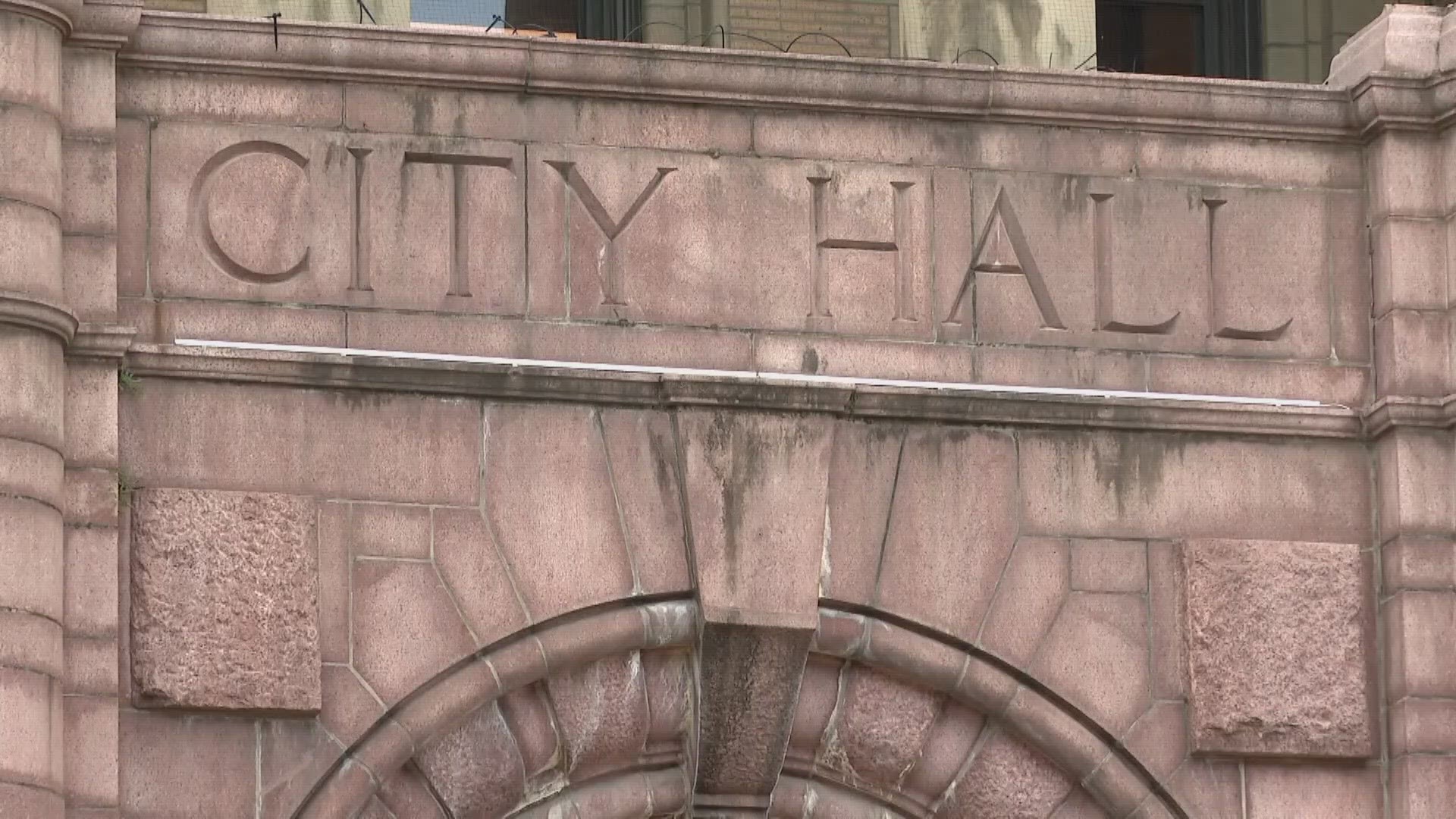ST. LOUIS, Missouri — St. Louis leaders are bracing for a big hole in the city budget.
A pending court case and ongoing debate in Jefferson City could combine to axe a large share of the city's single biggest revenue stream: the 1% earnings tax which applies to workers at St. Louis-based companies, regardless of where they reside.
One year ago to the day, a circuit court judge ruled the city would have to refund remote workers who don't live in the city. An appeals court could uphold that ruling, which would cost the city an estimated $50 million per year.
"I am extremely concerned," Board of Aldermen Budget Chair Cara Spencer (8th Ward) said. "This would truly devastate our ability to deliver services to our citizens."
Other members of the Budget Committee are bracing for bad news if an appeals court upholds that judge's ruling that the city must pay remote workers back taxes.
"I think it's incredibly urgent," Alderman Tom Oldenburg (2nd Ward) said. "The worst case scenario is it's $50 million a year for a few years."
But the issue could extend beyond paying back taxes. It could also puncture a permanent hole in the city's revenue stream going forward. With the earnings tax facing scrutiny in courts, Missouri Republicans filed bills at the statehouse to permanently end it for workers who live outside city limits and commute to the city or work remotely.
"I don't think that earnings tax is actually the right way to help the city thrive," Republican House Speaker Dean Plocher (R-Des Peres) said earlier this month.
Board of Aldermen President Megan Green said the GOP has a bigger end game in mind: to drive government services— like trash or water—into the hands of private companies.
"The goal is to, you know, it's called 'starve the beast,' you know, to force privatization," she said. "And so, you see, a lot of these Republican-led initiatives are designed to impoverish cities so that it forces the privatization of our assets and services."
She compared it to the recent failed effort to privatize the city's operations of St. Louis-Lambert International Airport.
"I think that we would see a lot more efforts like that to step in and try to privatize; not just the airport, but probably our refuse department and perhaps water department in order to make budgets work," Green said.
Whether or not that plan passes muster at the statehouse, city leaders expect remote workers to prevail in the courthouse.
"I think taxpayers have a legitimate grievance here," Oldenburg said. "We do need a backup plan."
Considering the earnings tax makes up a third of the city budget, what will they do to fill such a massive budget hole?
But one year after that initial court ruling, there's still no immediate plan in place. And if the city doesn't raise taxes to fill the gap, Green said it may mean significant cuts for police.
"The largest line item in the city's budget is the police department," she said. "And so it is very likely that there would have to be massive cuts to public safety and the police department in general, should a third of our budget suddenly go away."

